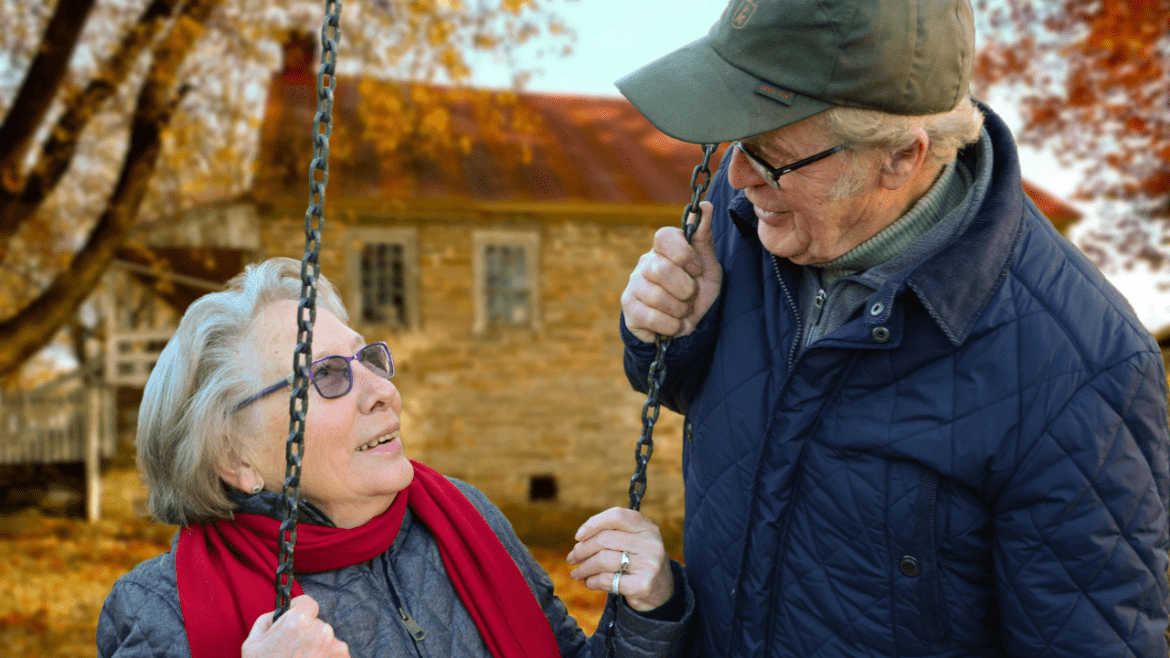What Is A Normal Heart Rate For Seniors?
Did you know that Leading Edge Senior Care has a Dementia Support Group? We meet monthly in Mesa. For more details <click here>
What Is A Normal Heart Rate For Seniors?
A senior’s heart rate is a crucial indicator of overall health. As we age, our body undergoes changes that affect heart function. Understanding what is considered a normal heart rate in seniors is vital to ensure proper heart care. Keeping track of heart rate can help identify issues before they become serious. But what exactly is a normal heart rate for seniors, and how can it be maintained?
What Is a Normal Resting Heart Rate?
A resting heart rate is the number of times the heart beats per minute when the body is at rest. For most adults, a normal resting heart rate ranges between 60 and 100 beats per minute (BPM). However, for seniors, it can vary slightly. For those over the age of 65, a healthy resting heart rate might be closer to 60–90 BPM. These numbers can fluctuate based on factors like overall health, medication use, and fitness levels.
While a slower heart rate can be a sign of good cardiovascular fitness, if the rate is too slow or too fast, it could indicate an underlying issue. A heart rate consistently above or below the normal range should be discussed with a healthcare provider.
How Aging Affects Heart Rate
As we age, the heart becomes less efficient. The arteries may stiffen, and the heart muscle itself can weaken. These changes can affect the heart’s ability to pump blood effectively, leading to variations in heart rate. Seniors may also be more prone to arrhythmias, which are irregular heartbeats that can be too fast or too slow.
In addition to natural aging, lifestyle factors such as diet, exercise, and stress levels can also influence heart health. Chronic conditions like hypertension, diabetes, or thyroid disease may further complicate heart rate management in seniors. It is important for seniors to regularly monitor their heart rate and keep their doctor informed of any changes.
Target Heart Rate During Exercise
Exercise is essential for seniors, but it’s crucial to stay within a safe heart rate zone. The target heart rate during exercise varies based on age and fitness level. For seniors, it’s recommended to aim for about 50-70% of their maximum heart rate during moderate-intensity exercise. To calculate this, subtract the senior’s age from 220 to estimate the maximum heart rate. For example, for a 70-year-old, the estimated maximum heart rate is 150 BPM. The target zone would therefore be between 75 and 105 BPM during exercise.
Staying within this target zone can help seniors safely improve their cardiovascular fitness without putting too much strain on their heart. Overexertion can be dangerous, so it’s vital to monitor heart rate throughout physical activities, especially for those with existing health conditions.
Factors That Can Affect Heart Rate in Seniors
Several factors can affect a senior’s heart rate, either raising or lowering it. Medications commonly prescribed to seniors, like beta-blockers, can slow heart rate, while certain stimulants or thyroid medications may increase it. Dehydration, lack of sleep, stress, and illness can also cause fluctuations in heart rate.
Emotional stress can trigger a faster heart rate, while relaxation techniques like deep breathing may help lower it. Additionally, seniors who live more sedentary lifestyles may experience higher resting heart rates compared to those who engage in regular physical activity. All these factors should be taken into consideration when evaluating whether a senior’s heart rate is within a healthy range.
Warning Signs of Abnormal Heart Rates
It’s important to know the warning signs of an abnormal heart rate. If a senior experiences symptoms like dizziness, chest pain, shortness of breath, or fainting spells, it could indicate an issue with their heart rate or overall heart health. In such cases, immediate medical attention may be necessary.
Tachycardia (a heart rate that is too fast) or bradycardia (a heart rate that is too slow) can lead to complications if left untreated. Chronic irregular heart rates can increase the risk of heart disease, stroke, and other cardiovascular issues. Seniors should not hesitate to seek medical advice if their heart rate seems off, especially if it is accompanied by other concerning symptoms.
Maintaining a Healthy Heart Rate
Maintaining a healthy heart rate in seniors often involves adopting a heart-healthy lifestyle. Regular exercise, even light activities like walking or swimming, can help regulate heart rate. Seniors should also focus on eating a balanced diet rich in fruits, vegetables, whole grains, and lean proteins to support heart health. Limiting salt, sugar, and unhealthy fats is crucial in preventing high blood pressure and maintaining a steady heart rate.
Managing stress is another important factor. Seniors can benefit from relaxation techniques such as meditation, yoga, or even spending time in nature. Regular check-ups with a healthcare provider can also ensure that any irregularities in heart rate are caught early and treated appropriately.
Conclusion
Understanding what is a normal heart rate for seniors is key to supporting long-term health. While aging naturally impacts heart function, maintaining a healthy lifestyle can help keep heart rate within a normal range. Monitoring heart rate regularly, staying active, managing stress, and consulting with healthcare professionals are all essential steps in ensuring that seniors continue to lead heart-healthy lives.

